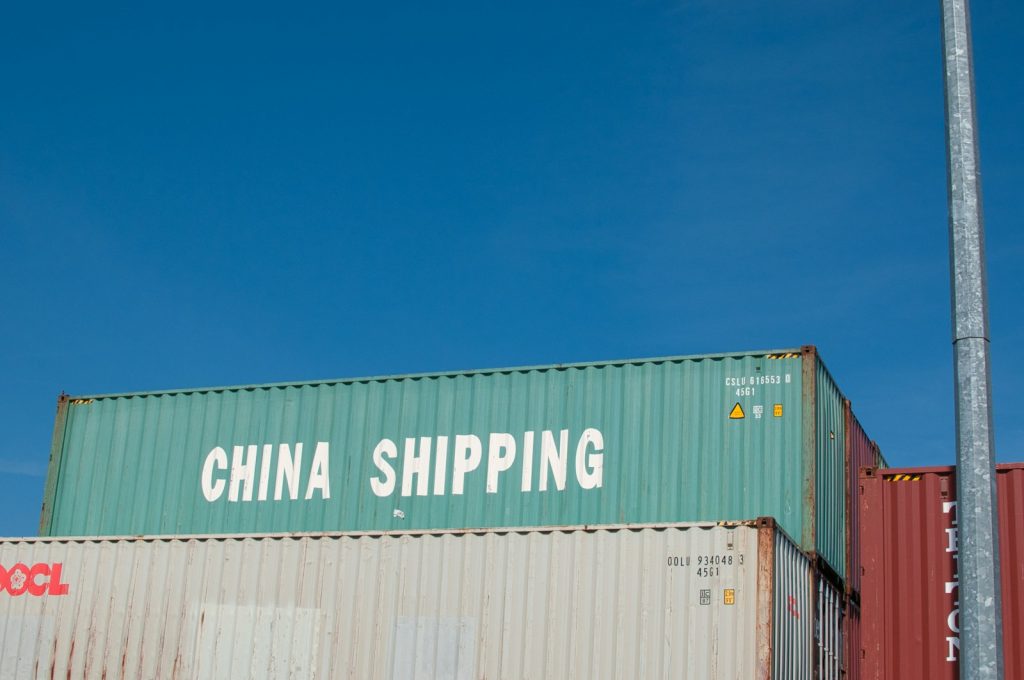 Nations around the world are interdependent in terms of goods and services, for no nation has all the resources which will enable its citizens to be self-sufficient. Like other nations, Nigeria lacks some of the goods that will make her self sufficient, thereby making importation of such goods inevitable. The following paper shall outline the legal procedure for importing goods into Nigeria.
Nations around the world are interdependent in terms of goods and services, for no nation has all the resources which will enable its citizens to be self-sufficient. Like other nations, Nigeria lacks some of the goods that will make her self sufficient, thereby making importation of such goods inevitable. The following paper shall outline the legal procedure for importing goods into Nigeria.
Importation Compliance in Nigeria
The following are all the steps an importer has to go through in order to import anything into Nigeria:
- Import Prohibition List: An importer has to look up the Import Prohibition List availed by the Nigeria Customs Service to know whether the goods he is about to import are prohibited or restricted. Items on this list include beef, bagged cement, and nuclear industrial waste.
- Register the Importing Company: The importer is required to register the company with the Corporate Affairs Commission in Nigeria. Upon registration of the company, he would be given a certificate of incorporation and a tax identification number. A Nigerian attorney can be engaged for this purpose.
- FIRS Registration: The TIN of the importing company shall be registered by the FIRS by submitting its TIN and valid email address on the Single Window for Trade portal.
- Opening of Bank Account: The importer will open an account with a Nigerian bank, which will serve as the Authorized Dealer Bank. This bank will process the Form M, Pre-arrival Assessment Report, and other such associated responsibilities.
Step-by-Step Importation Procedure
Following the preceding requirements, the following shall be the step-by-step importation procedure through which the importer shall clear his imported goods using the Nigeria Customs Service:
- Obtain Regulatory Certificates: The importer should obtain the certificates from the Standards Organisation of Nigeria, upon satisfactory inspection of the goods by the accredited firms.
- Secure Necessary Permits: Depending on the nature of the shipment, there may be a need to secure permits from various regulatory agencies like the National Environmental Standards and Regulations Enforcement Agency, National Agency for Food and Drug Administration and Control, or the Nigeria Upstream Petroleum Regulatory Commission.
- Activate the Product Certificate (PC): The importer shall activate the PC on the online Single Window platform. The PC is issued by SON through accredited firms.
- Open Form M: Log onto the Nigeria Trade Platform to open Form M, attaching all documents required: Insurance Certificates, Proforma Invoices, Product Certificate, and necessary permits. This Form M will be authenticated and sent to the Nigeria Customs Service by the Authorized Dealer Bank.
– If successful, Form M shall be routed to the exporter, who shall liaise with an accredited firm for the issuance of the SONCAP Certificate.
– The importer shall activate the SONCAP Certificate and apply for the Pre-Arrival Assessment Report on the Nigeria Single Window for Trade.
- Commencement of Clearance: Where the Pre-Arrival Assessment Report is issued, the importer can commence clearance from the Nigerian Customs Service.
A prospective importer should, therefore, at all times, ensure that he complies with the legal requirements identified above to avoid running into troubled waters, which may lead to a loss in investment. There is a need to retain a lawyer who will help in these complexities and ensure total compliance with the importation procedures in Nigeria.
The content of this article is intended to provide a general guide to the subject matter. Please contact us directly for any specific legal assistance.
